
Why Mabior Garang resigned
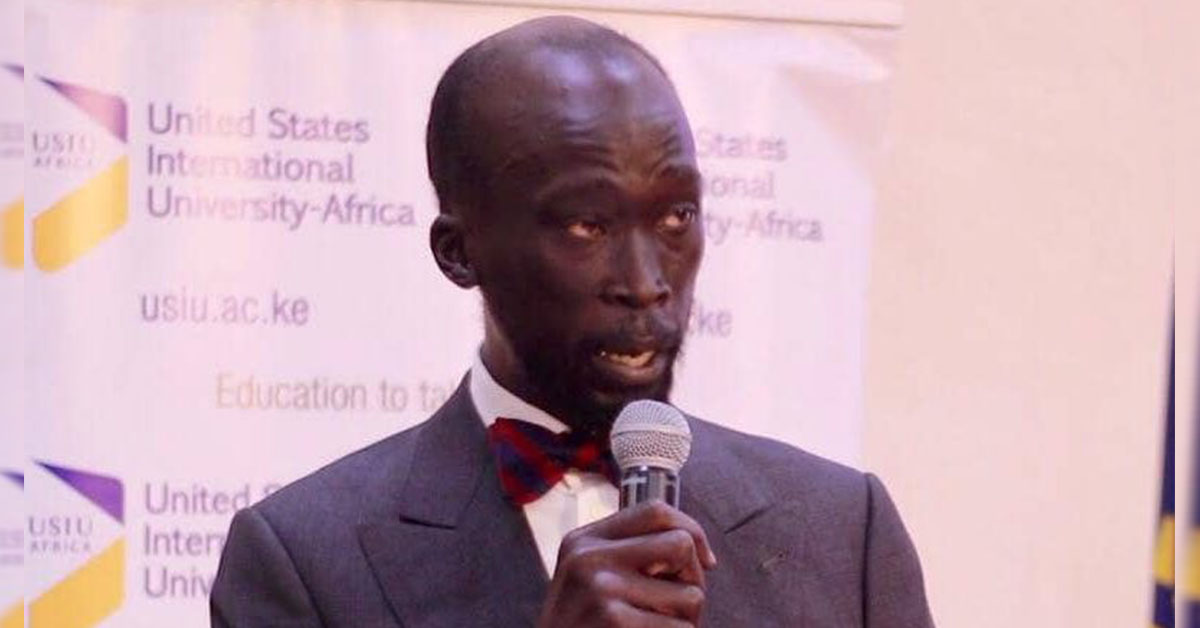
“The Sherikat incident is above all a criminal case and this is usually the genesis of intercommunal conflicts. In the absence of a strong criminal justice system, aggrieved citizens resort to vigilantism.”
By Mabior Garang
I don’t want to go into the details of the incident which took place in the Sherikat suburb of Juba, on the morning of June 3, 2020. It is supposedly under investigation and my objective is not to assign blame in this pending case.
I extend my heartfelt sympathy to the families of those who lost their lives in that senseless violence.
Coincidentally, my resignation was made public on the morning of June 3, 2020, after I had submitted my letter to my Chairman and Commander in Chief, Dr. Riek Machar – on the night of the June 2, 2020 the previous night (before the Gumbo-Sherikat killings). I had already written the resignation letter a week prior and had even discussed it with several colleagues.
There is no cause and effect between my resignation and the unfortunate incident in Sherkat, which now threatens to morph into intercommunal violence.
I am appalled by the slaughter which took place at Sherkat; however, this is not an isolated case, it is in point of fact the status quo in our land. Inter-communal violence has become a weekly feature across the country since the formation of the Revitalized Transitional Government of National Unity (R-TGONU).
The major catalyst for my resignation was the counter-insurgency war between the neighbourly communities of Jieng-Bor, Lou-Nuer, and Murle. In May, over 100 innocent civilians lost their lives in Lou land as a result of intercommunal violence.
As I also mentioned in my resignation, there has been tension in Madi land between displaced pastoralist communities and the sedentary owners of the land. It is the same situation in Pajulu land, Yei River county, Tonj, Warrap, Lakes state and the displacement of Murle civilians who are victims of the vigilantism which has replaced the rule of law in our nascent Republic.
The Sherikat incident is above all a criminal case and this is usually the genesis of intercommunal conflicts. In the absence of a strong criminal justice system, aggrieved citizens resort to vigilantism. The traditional elite politicise these criminal cases and use the resulting confusion to gain influence at the local level.
These anti-people politicians are unable to mobilize support on a national level, so they use tribal politics as leverage to compete on the national level, dividing our peoples in the process.
Mischief!
The Sherkat incident has sparked mass protests in Juba, Bor and other towns and – as alluded to above – in the absence of a strong judicial system, the result will be vigilantism and intercommunal violence. I would never call on protesters to stop exercising their civil rights and liberties, so long as their demonstrations are peaceful – it is their right.
In the same breath, I would never call on the youth to declare war on the government, they (government) would quickly crush any violent action. The best weapon in the hands of our civil population is the Agreement on the Resolution of Conflict in South Sudan, R-ARCISS.
The solution to the general problem of insecurity in our country – not just the Sherikat incident – can only be resolved by institutional reforms, starting with security. Those advocating for “justice for the victims”, must understand that this can only take place within the context of judicial reforms, guaranteed in the Peace Agreement.
The best way we can honour the memory of all our loved ones we have lost to intercommunal violence since 1914, is to establish a strong judiciary and this is guaranteed by the reform agenda in the agreement.
The establishment of an investigation committee for the Sherikat incident is a great gesture by the Presidency of the R-TGONU; however, what about the other incidents which have happened in Abyei, Jonglei, Lakes, Tonj, Warrap, Yei and other areas?
Will there be a committee formed every time there is a homicide case? What will be the criteria for choosing which incidents deserve an investigation committee and which ones do not? This is not a solution.
We cannot have selective outrage and only feel the pain of the loss of our citizens when it happens in one’s backyard, as it were. This is an indication that South Sudanese nationhood has not yet been engendered in us as citizens.
The time has come for our peoples to nucleate into a people. The so-called political opposition has failed to bring about fundamental change due in major part to lack of internal cohesion among the various movements and parties. In the history of peoples’ struggle, a divided opposition has never defeated the incumbent.
The Sherkat incident and the recent demonstrations in the Protection of Civilians Cites (POCs), will go down in our history as the moment our peoples’ struggle matured from armed struggle to non-violent action.
I salute the memory of the young people who were mercilessly gunned down by rogue security forces during the peaceful protests following the brutal Sherkat incident. The traditional elite claim that the R-TGONU is a regime of peace.
If this is the case, peaceful demonstrations will become the litmus test of the Agreement. If our citizens cannot assemble freely to exercise their freedom of speech and expression and even make demands of a government which purports to represent them, then what kind of peace are we really talking about? There is no other way we will achieve peace in our country outside of implementation of the Agreement.
It is the responsibility of every citizen who is serious about peace in our country to read and understand the Agreement, so that we can use it as a tool to alleviate the causes and effects of war. The provisions contained within the Agreement guarantee the kinds of institutional reforms which are a prerequisite for us to found a nation-state.
The first Republic of South Sudan – characterized by political tribalism and an unbearable status quo – has been a colossal failure, there is no future in this model of nation building.
In Chapter VI of the R-ARCISS, the parameters for Permanent Constitution – gives our citizens the opportunity to have a people-driven constitution making process. This is the only way we can dismantle the primitive first Republic of South Sudan and usher in a second Republic for the welfare and prosperity of our peoples.

















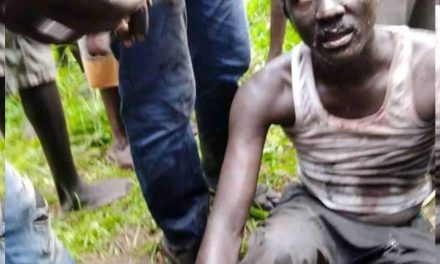
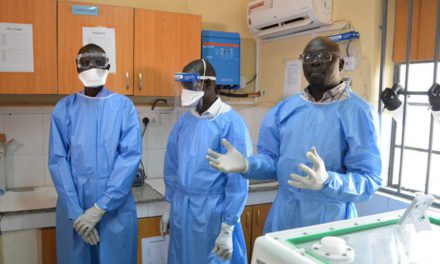
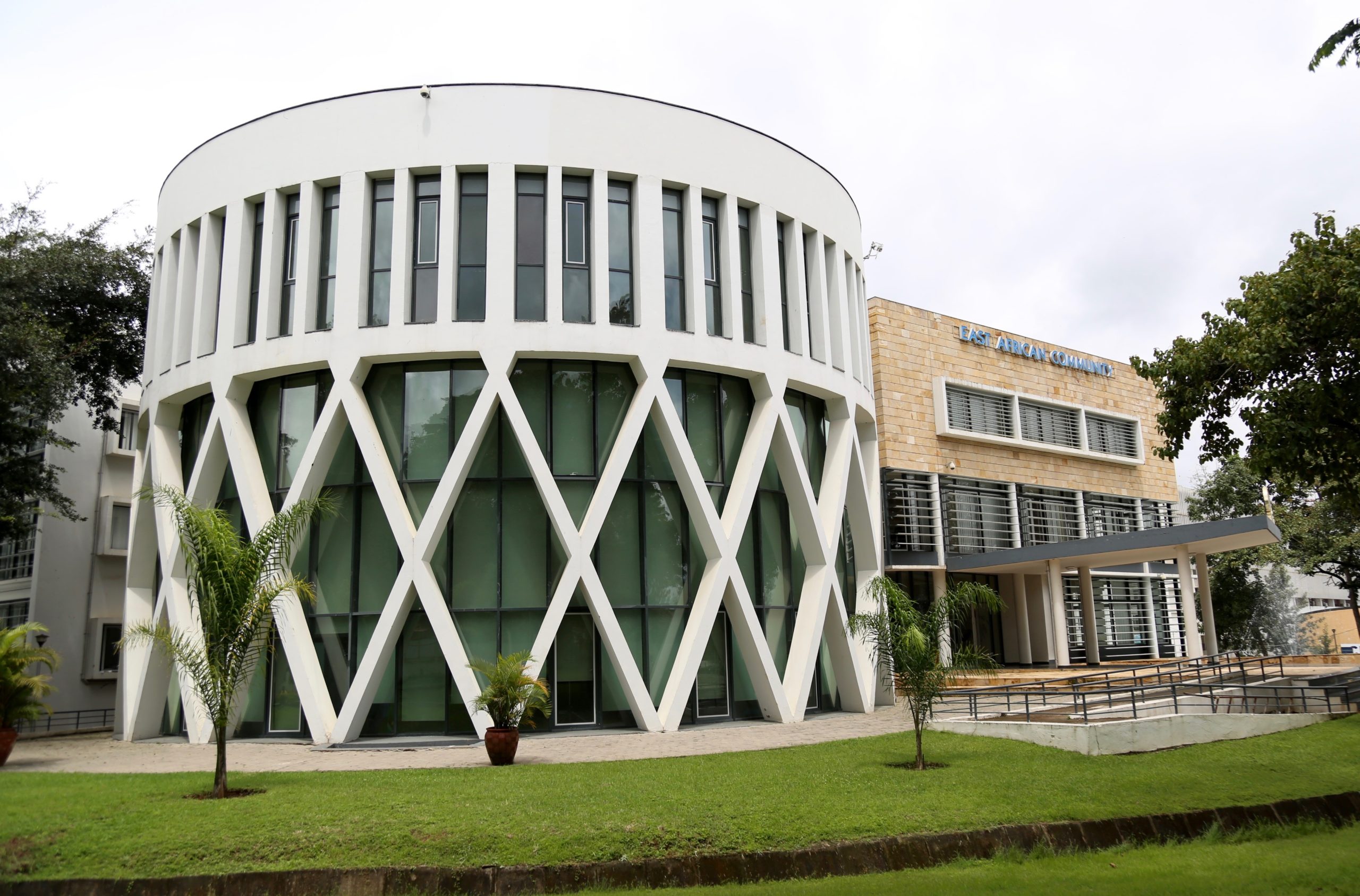
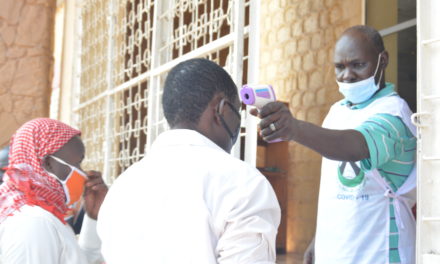
Recent Comments